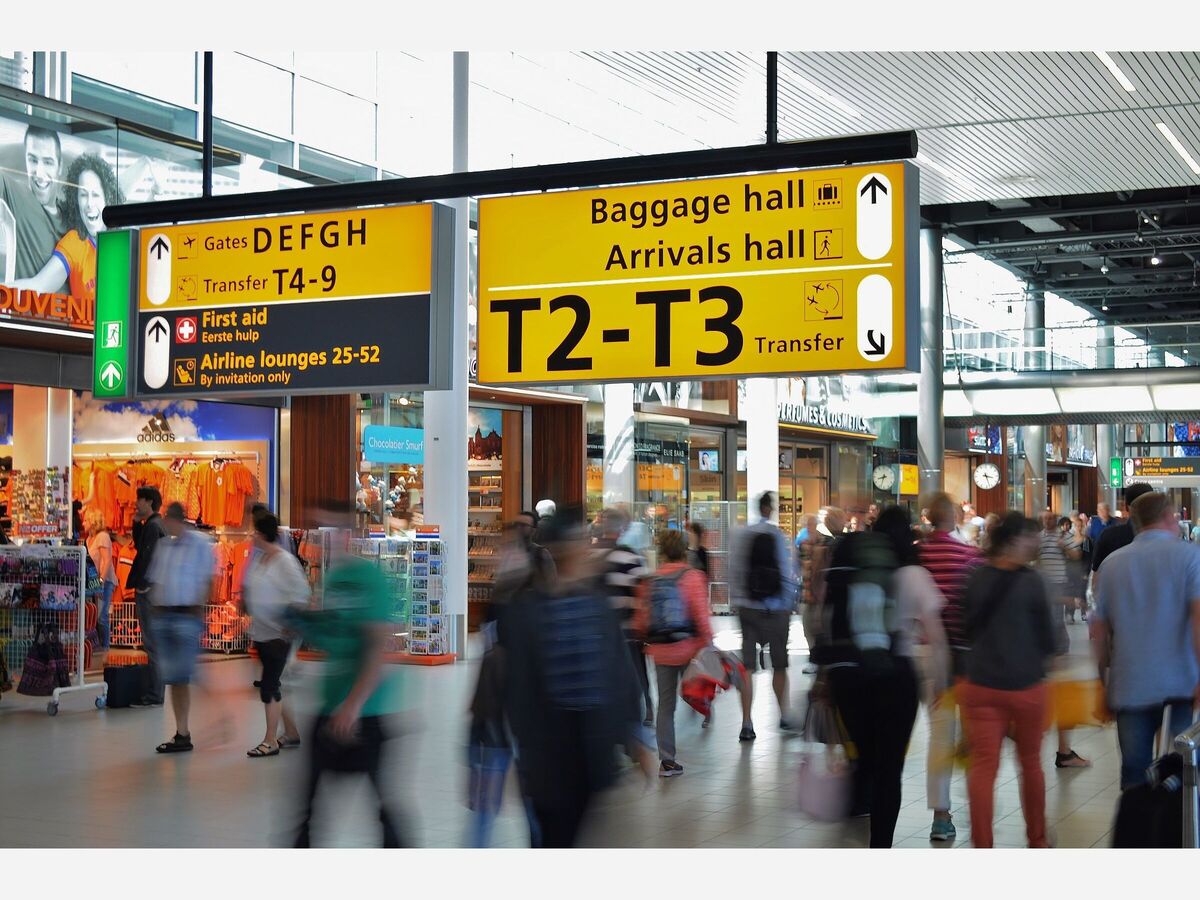For many New Yorkers, this is going to be the week for traveling for those Thanksgiving plans. But whether you're driving, taking the train, or grabbing a flight- the AAA is predicting that more than 53.4 million people are expected to travel. The highest since 2005.
“This Thanksgiving, travel will look a lot different than last year,” said Paula Twidale, senior vice president, AAA Travel. “Now that the borders are open and new health and safety guidelines are in place, travel is once again high on the list for Americans who are ready to reunite with their loved ones for the holiday.”
The Centers for Disease Control and Prevention (CDC) released its recommendations for holiday gatherings and mentions that the best way to minimize COVID-19 risk is to get vaccinated if you’re eligible.
But if you are the lucky traveler braving the all of the traffic, here are some tips from AAA:
Be Patient. The roads and airports will be busy so plan ahead.
- Arrive at the airport early so you’ll have plenty of time to get through longer TSA lines and other travel checkpoints. For domestic travel, AAA suggests 2 hours ahead of departure time and 3 hours for international.
- Consider booking a flight during non-peak travel periods to cut down on wait times.
- Hit the road when there’s less traffic and allow for extra time when traveling to your destination.
Be Prepared. For the 48.3 million Americans hitting the road, make sure you and your vehicle are ready for the trip ahead as AAA expects to respond to over 400,000 for help over the Thanksgiving holiday weekend. If your vehicle has been sitting idle, AAA suggests getting an inspection to check key components like the battery, fuel system, tires, brakes and fluid levels. These systems are particularly vulnerable to deteriorating if a vehicle sits too long without proper care or maintenance.
Be Protected—Both You and Your Trip. If you plan to travel during the holidays, it’s essential to do so safely and understand how to protect yourself, your loved ones and your investment while traveling. Also, as travel restrictions remain in flux, it’s essential to know requirements and recommendations based on your vaccination status, where you’re traveling from and your destination. AAA’s COVID-19 Travel Restrictions Map and TripTik.AAA.com are also helpful resources travelers may use for free to understand closures, recommendations and requirements when traveling in the U.S.
- Travel insurance—AAA highly recommends travel insurance to cover unexpected delays or trip interruptions. It is best to consult the expertise of a travel advisor who can guide you on the coverage options available for your specific trip, including if your destination requires visitors to carry travel insurance.
- Clean accommodations—When booking a place to stay, look for accommodations that prioritize cleanliness and have implemented additional housekeeping standards since the start of the pandemic. Earlier this year, as part of its Diamond designation, AAA enhanced its housekeeping evaluation to include objective, scientific validation of the cleanliness of common surfaces throughout hotels. Hotels that meet these new standards are now recognized as Inspected Clean and a current listing can be found here.
- Safe travel = smart travel—Everything from airports to restaurants to attractions will be busier this Thanksgiving, which means more people congregating. Masks are still required for everyone on planes, buses, trains, and other forms of public transportation traveling into, within, or out of the United States and in U.S. transportation hubs such as airports and stations. The CDC also recommends everyone wear a mask indoors in public if they are in an area of substantial or high transmission.
- Domestic and international travel guidelines—As of November 8, the U.S. opened its borders to fully vaccinated travelers. The CDC has updated its guidance to reflect these changes. When traveling within the U.S., fully vaccinated travelers do not need a negative viral test or to self-quarantine. For international travel, refer to the CDC for specific guidelines.
